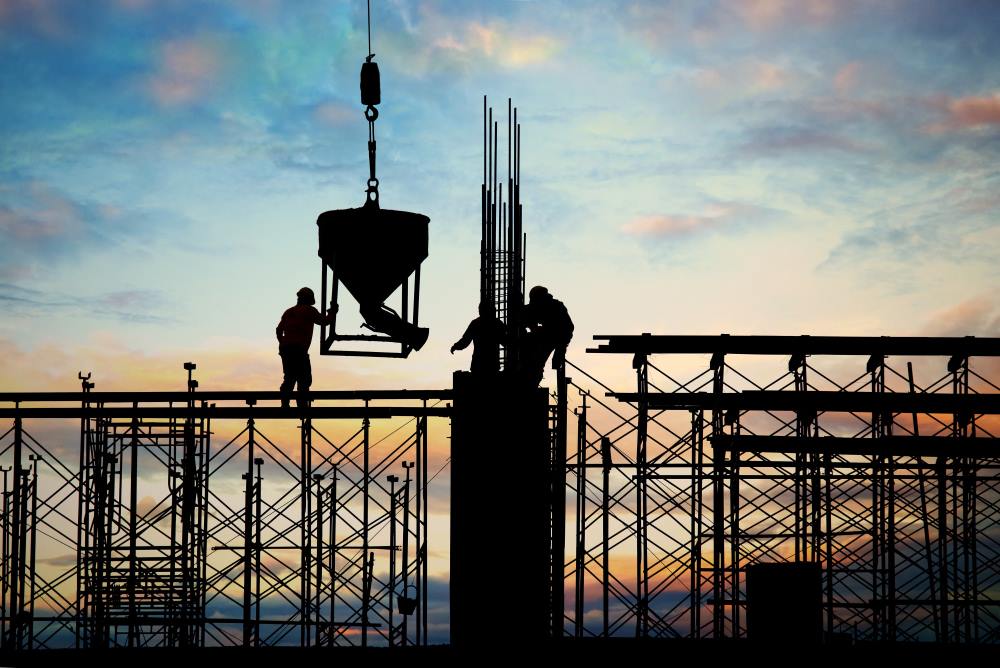Liability of the Contractor for Delaying the Delivery of the Construction
Construction contracts usually have a maturity. With the arrival of this maturity, the contractor who has not been able to deliver the construction is considered to have defaulted without the need for the building owner to issue a warning. Since there is no special regulation for default in the constructions contracts, the provisions of the general default are applied. Articles 117-119 and 123-125 of the Law of Obligations will be applied.
In contracts that impose debts on both parties, such as construction contracts for land share provision, when the debtor defaults on paying the debt, the owner of the land or building has three dec rights and can use only one of them by choosing. The rights mentioned;
– The right to seek compensation for the exact performance of the debt agreed in the contract and for the delay,
– By opting out of the full performance of the debt in the contract,
– The right to return from the contract and ask for compensation for negative losses.
In case the work is not delivered on time, the rights of the employer are as follows:
Right to Request Construction Delivery and Delay Compensation from the Contractor
In the event that the construction is not delivered on the agreed date, the owner of the land or building may, as a rule, request the delivery of the construction from the contractor.
In case the owner of the land or building prefers to wait for the delivery of the construction arising from the construction contract, he has the right to demand delay compensation from the contractor for the delayed period.
If delay compensation is agreed between the contractor and the the owner of the land or building, the agreed amount is paid by the contractor to the owner of the land or building.
Even if the parties have not agreed on delay compensation in the contract, the owner of the land or building may demand delay compensation over the current values.
The owner of the land or building will be able to claim delay compensation within the statute of limitations.
Since the parties have agreed to pay compensation – penal clause – due to the late delivery of construction and for the whole of the late delivery period, they have to pay this to the plaintiff in full.
The Owner of the Land or Building’s Right to Demand Positive Damages by Waiving the Delivery of the Construction
In the event that the contractor delays the delivery of the construction, the owner of the land or building may give up the delivery of the construction and declare that he wants his damages to be covered.
The notification must be made by the contractor immediately after the end of the commitment period.
With the notification, the responsibility of the contractor turns into a compensation obligation, which means the payment of some money.
The compensation amount should be in the amount to cover all the damages arising from the non-fulfillment of the construction performance in the contract.
Compensation for the positive loss means the payment of money equal to the material amount of the difference in the current situation with the increase in the assets that would have occurred if the contract had been performed.
For example, if the land owner sold a flat to a third person for 750,000 TL, calculating that the construction would be completed on April 20, 2020, but the contract was terminated because the construction could not be completed on time, then the land owner may request compensation from the contractor for the loss resulting from the cancellation of this sale.
However, at this point, if the owner of the land or building accepts the performance without making any reservations despite not performing the debt on time or at the agreed place, he will no longer be able to demand the payment of the penal clause and will be deemed to have tacitly waived this right.
Article 27 of the law of obligations takes into account the criminal requirement, if it is high enough to destroy or severely restrict the economic freedom of the contractor, it may be evaluated in this regard and reduced to a certain level, as it will constitute an immoral act.
In this context, it is possible to claim damages from the contractor within the scope of positive damage, such as the rental fees, delay penalty, labor and material cost, the difference between the sale value of the construction on the delivery date and the sale value if it was delivered at a later date, loss of use value, which the the owner of the land or the building would obtain from them if the construction had been completed.
The positive loss is calculated as of the moment when the owner of the land or building abandons the contract.
The Owner of the Land or Building ‘s Right to Withdraw from the Contract of Construction and Request Negative Damages
If the owner of the land or the building wants to use his right to withdraw from the contract, if the construction is not delivered within the time given to the contractor for the delivery of the construction, he must notify immediately at the end of the period.
In case of revocation of the contract, it requires the return of the things previously given, since the contract is invalidated from the date of its conclusion.
The the owner of the land or the building , who uses the right to withdraw from the contract, can also demand compensation for the damages that are called negative damages and arising from the invalidity of the contract.
Negative damage refers to the losses arising from the failure of the belief that the contract will be fulfilled
Right to Request Payment of Costs and Damages by Completing the Construction by Someone Else
The right of the the owner of the land or the building to have the construction completed by someone else, at the contractor’s expense, is regulated in Article 113 of the Code of Obligations.
According to the relevant article, if the contractor fails to fulfill his obligation to build, the owner of the land or building may request permission for the construction to be built by himself or someone else, at the contractor’s expense.
When requesting leave, the the owner of the land or the building may also request an advance amount to be paid to him for expenses.
If he/she wishes, he/she can claim the costs with a lawsuit to be filed later.
Permission to complete the construction or have someone else complete it, also known as the permit to perform, is requested from the court.
All costs required for the completion of the construction will be determined by the court-appointed expert.




